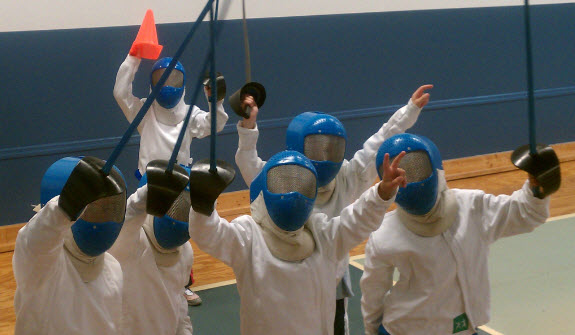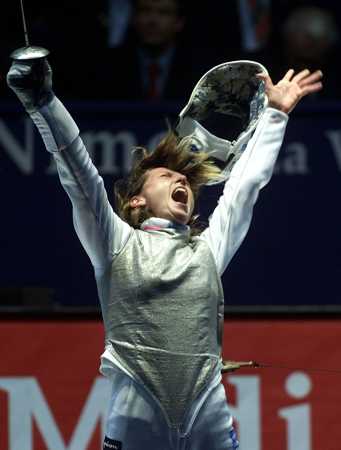
Many schools this month are engaged in CRCT or other standardized testing of students, which makes the latest blog post by Stanford researcher Carol Dweck very timely. In her post, she calls out testing as something that is hurting, not helping education. Here’s a quick excerpt from her article.
My research shows that an environment that emphasizes evaluation and testing creates a fixed mindset. That is, it sends the message that intellectual abilities are fixed and that the purpose of school is to measure them. Students come to see school as the place to look smart and, above all, not look dumb—not a place to create and learn. A fixed mindset also breeds low effort (because students believe that high effort advertises low ability,) and poor reactions to difficulty (because they believe that difficulty also reveals low ability.) These are not the habits of people who achieve or innovate in adulthood.
Jason Sheridan has taken Dweck’s stance and made the leap to sports, in particular the youth fencing competition movement in the US. In his blog post, Sheridan posits: “Competition can be a great deal of fun, highly instructive, and an important part of the training process. It can also, however–much like testing–become counterproductive if it is over-utilized.”
I suggest every sports parent take a few minutes to read both articles and think about how to set up the learning environments to encourage creative learning and high performance.






